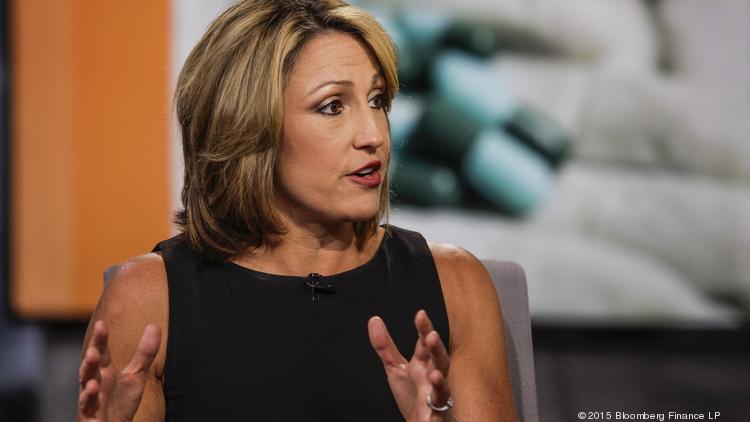Article originally published in the American City Business Journals on August 29, 2016
Mylan CEO Heather Bresch has joined the unenviable club of pharmaceutical executives who have attracted the wrath of the public, media and members of Congress, all of whom are concerned about the affordability of life-saving drugs.
Mylan has again increased the price of its auto-injector EpiPen, a device that an individual can use to self-inject an emergency dose of epinephrine in the event of an allergic reaction to various foods or insect bites.
The price of a package of two EpiPen auto-injectors is now $609, a 550 percent increase over the past decade.
Why do pharmaceutical companies raise the prices of their life-saving drugs beyond the point that consumers can afford? Because they can, especially if effective marketing makes it the preferred drug by physicians who prescribe it, even if a generic version of the drug exists.
Consumers are exposed to the cost of a drug to the extent of their prescription insurance co-pays and deductibles. The bulk of the cost is paid by their insurance company, which passes that cost on to all us through higher insurance premiums.
In defense of the EpiPen price increases, Bresch stated, “I am running a business. I am a for-profit business. I am not hiding from that.”
Her statement could not have been more arrogant and insensitive to individuals who someday will need to use EpiPen to immediately counter a life-threatening allergic reaction.
There is a generic alternative to EpiPen — an auto-injector called Adrenaclick, which contains the same drug, epinephrine. Depending on one’s insurance plan, Adrenaclick can be purchased at various pharmacies at a price significantly below that of EpiPen. Like many alternatives, Adrenaclick is prescribed less often than the well-known brand EpiPen. More doctors need to prescribe Adrenaclick.
In response to the blistering criticism of the EpiPen price hikes, Mylan has now offered 50 percent savings cards to reduce EpiPen’s cost to consumers. In a statement, Bresch said, “We recognize the significant burden on consumers from continued, rising insurance premiums and being forced to pay the full list price for medicines at the pharmacy counter.”
Bresch’s statement lacks sincerity after her “I am running a business” comment. Unfortunately, consumers who do not have insurance or who are covered by Medicaid will not be able to take advantage of the savings card for EpiPen.
Other countries set limits on what pharmaceutical companies can charge for drugs, which is usually a fraction of what is charged in the U.S. In effect, American consumers are subsidizing the world when it comes to drug prices. But having price limits on drugs is not the solution to high drug prices in the U.S.
The best solution is a marketplace with a high level of competition, preferably at least three providers for each drug. Government officials should be focused on eliminating delays by the FDA in the approval of generics.
Hillary Clinton has proposed that the cost to advertise to consumers no longer be tax deductible. Clinton has also proposed that for certain drugs, exclusivity end sooner than it currently does.
Pharmaceutical companies need to realize that the public, through their elected government officials, grants their industry a license to operate. Government officials can make changes to that industry’s license if doing so will benefit the public.
Bresch is right when she states, “I am running a business.” She should act that way and realize that the threat of government intervention is a higher risk than she thinks it is.
Stan Silverman is the former president and CEO of PQ Corp. He also is founder and CEO of Silverman Leadership and is vice chairman of the board of trustees of Drexel University. Silverman earned a Bachelor of Science degree in chemical engineering and an MBA degree from Drexel University. He is also an alumnus of the Advanced Management Program at the Harvard Business School.

